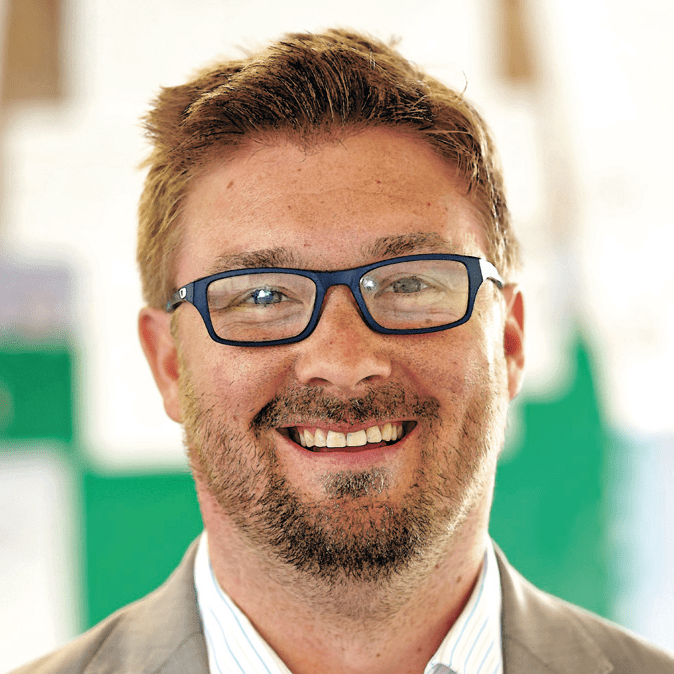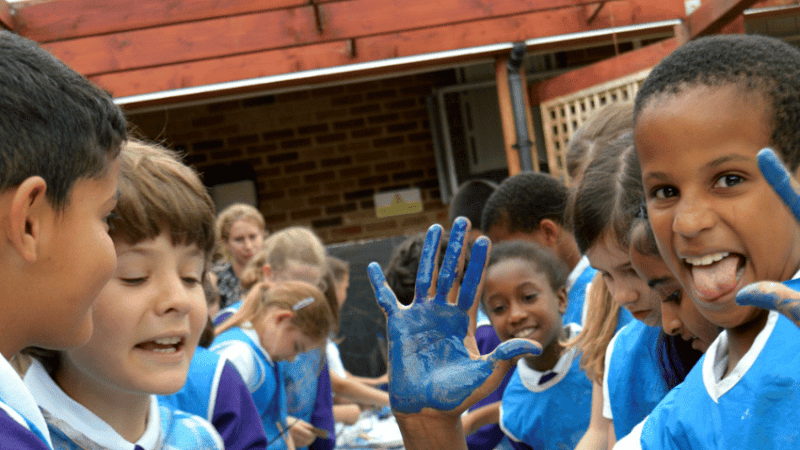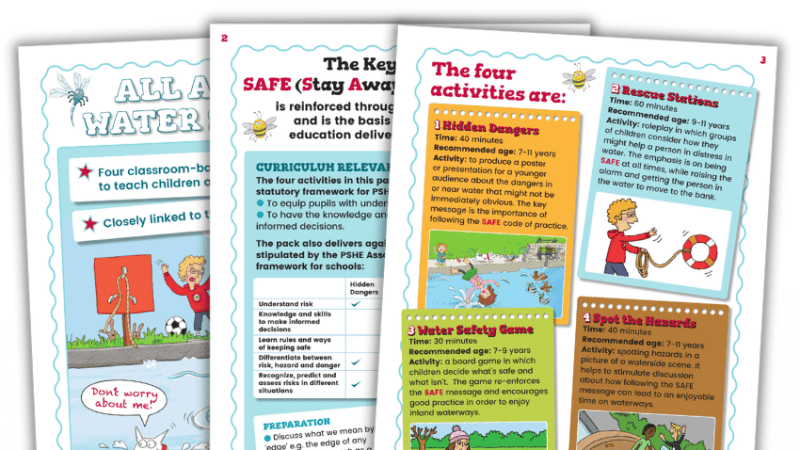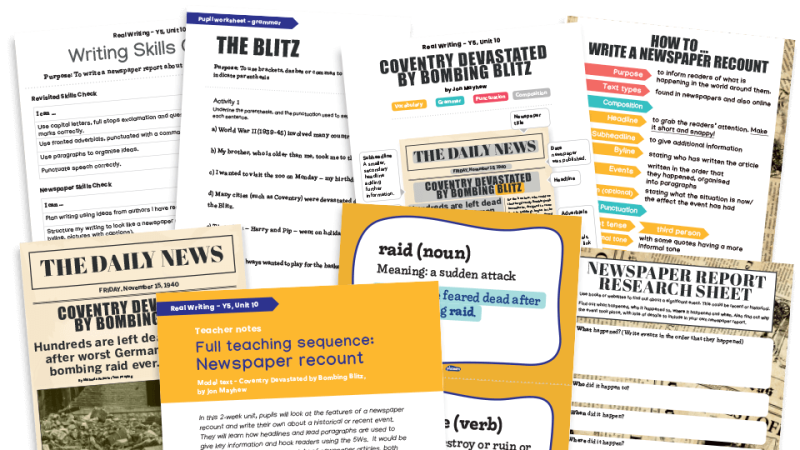We Cannot Have Courageous and Confident Teachers if they are Simply Passive and Compliant
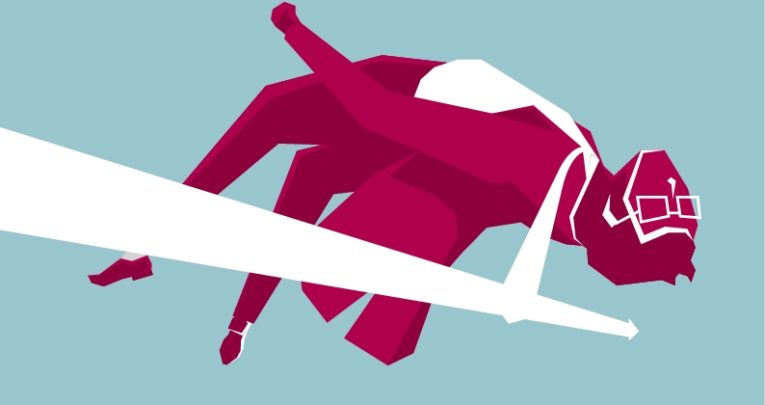
Give staff an environment that lets them see the lesson-gone-awry as a learning experience, rather than a reason to fear they’re for the high jump, says Jeremy Hannay…

The straddle, the western roll, the eastern cut-off, the scissors jump ‒ all examples of techniques used very successfully in the high jump for decades.
While each approach had its own qualities and variations, they all had two things in common: firstly, you went over the bar facing it (albeit sideways sometimes) and secondly, they all, eventually, turned out to be wrong.
It took 72 years’ worth of Olympic events before someone tried something completely different – going over the bar backwards. Dick Fosbury’s gold medal in this event made this technique the definitive way in which the world teaches high jump. At Three Bridges, we have too have made drastic changes to how we do things (with no Fosbury Flops necessary).
The inspiration for how we now lead teaching and learning came from a variety of places – my time at Pinecrest PS in Ontario, Canada; a leadership trip to Singapore; reading and research in the area of professional capital; collaborative enquiry within our senior leadership team; conversations with the inspirational Dr Yeap Ban Har; and plain old frustration with ‘the way it’s always been’. More often than not, I hear the same things across the country – that teaching is improved through observation (with a sharp focus on teachers and teaching) and that extensive subject knowledge is crucial to being a good primary teacher.
Yet collaboration between teachers often comes secondary to compliance, with quantitative data dictating the effectiveness of teaching. These approaches on their own provide, at best, surface success. More often than not, they subtly yet quickly destroy schools and disengage our professional teachers.
Skill or will?
We began by asking ourselves whether a lesson gone wrong was down to the ‘skill’ or the ‘will’ of the teacher. It soon became clear that ‘will’ was the rarest answer to that question – which meant that we, as leaders, then had to point the finger back at ourselves. We had to question where the problem was rooted and how we could facilitate improvement.
So, while the teacher is the most important element in the classroom, it is our responsibility to provide the conditions under which she can be her best, all the time. We realised that our old approach of jumping over the bar forwards wasn’t doing that at all, so we knew we needed to change. We moved our focus from subject knowledge to pedagogy; from teachers and teaching to learners and learning, and from compliance to collaboration and knowledge.
It may sound a little semantic, but the difference between ‘What do I want to teach?’ and ‘What do I want them to learn?’ can be what truly reshapes a school’s culture. While the former places the responsibility and accountability solely on the teacher, the latter makes us all stewards of each and every child.
A focus on pedagogy
This change transformed our staff meetings into enquiry sessions, and created a culture of productive failure instead of a fear of failure.
We moved away from subject knowledge and examined pedagogy, beginning by investing heavily in resources for the new curriculum that levied the burden of content, allowing the team to focus on how learners learn best and what the teacher’s role was in that new paradigm.
We devised planning and assessment tools to support the transition to the new curriculum and spent enquiry sessions looking at the most relevant and recent research about various topics. Together as a staff, we engaged with and reflected on best practice and the types of learning and teaching we wanted to see in the school.
Creating tight systems and continuity between classes was easy when we were all on the same page ‒ a page we collectively created.





